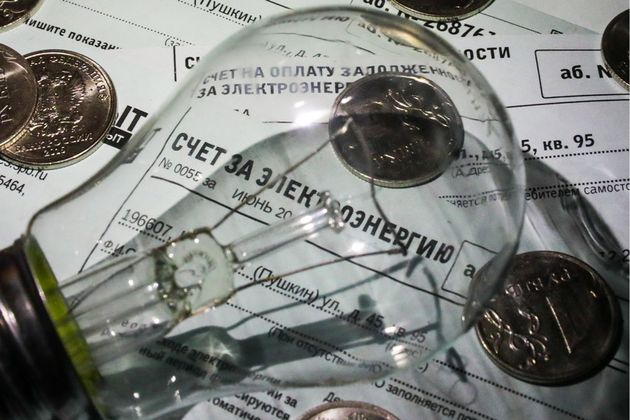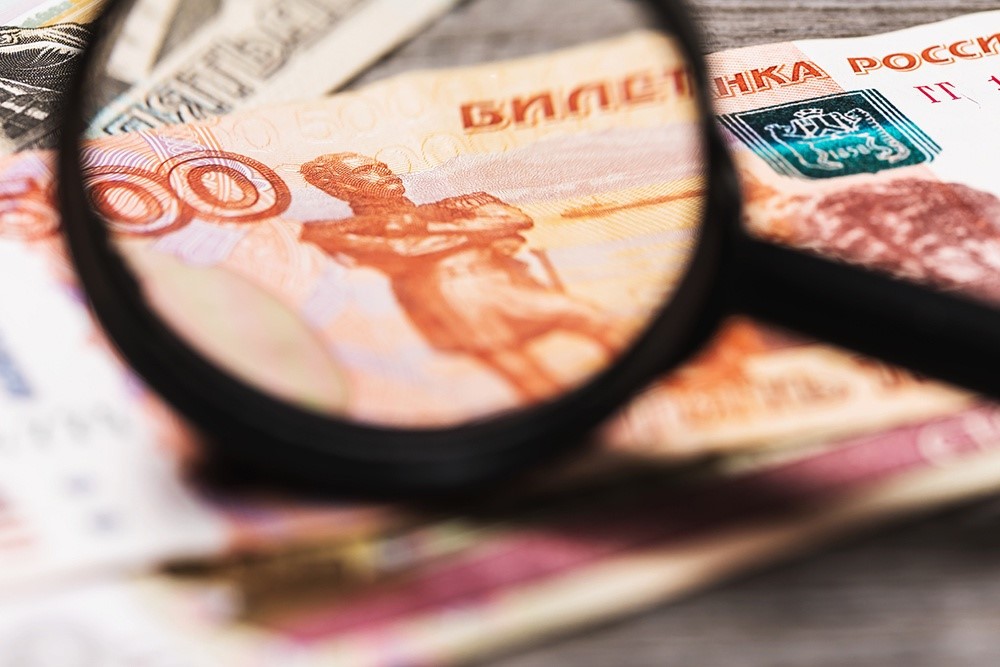The Russian State Duma is considering a bill that would significantly change bankruptcy rules, giving the government a new channel of control over private assets. The legislation proposes creating a mechanism for corporate rehabilitation—formally aimed at preserving jobs and reducing liquidations, but in practice expanding state influence in key economic sectors.
The bill envisions pre-trial debt settlement without arbitration proceedings, extending the rehabilitation period to four years with the possibility of an additional two-year extension, and increasing the remuneration for arbitration managers to 100,000 rubles. Although these managers are supposed to act independently, their activities are overseen by the Ministry of Economic Development and the Federal Tax Service—both agencies directly subordinated to the government.
Among other provisions is the removal of mandatory publication of bankruptcy information in the media. Data will now be posted exclusively on state electronic platforms, reducing transparency and making it more difficult for counterparties and investors to access information about companies’ financial condition.
The bill also introduces a temporary ban on creditors initiating bankruptcy proceedings once rehabilitation begins. This effectively blocks attempts by external parties to recover debts through the courts and creates conditions for the state or state-controlled banks to participate in the “financial rehabilitation” of a company—essentially gaining direct control over it.
As a result, the proposed changes would serve as a tool for covert nationalization of businesses. Through the rehabilitation mechanisms, the government gains the ability to redistribute assets in strategic sectors—from energy to transportation—under the guise of financial support. The new rules transform bankruptcy from a market instrument into a political lever.




















